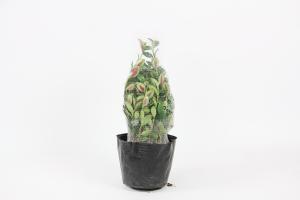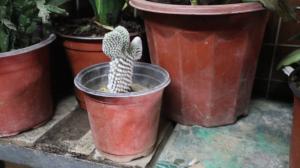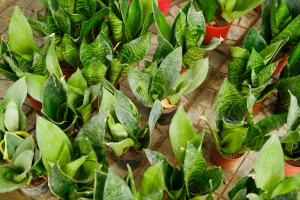How to Save Tomato Seeds for Future Planting
Tomatoes are one of the most popular vegetables grown in home gardens. They are versatile, delicious, and can be used in a variety of dishes. If you grow your own tomatoes, saving their seeds for future planting is an easy and cost-effective way to make sure you have a continuous supply of fresh tomatoes. Here are the steps to follow when saving tomato seeds:
Step 1: Choose Ripe, Healthy Tomatoes
Choose fully ripe, healthy tomatoes from your garden. Make sure the tomatoes have no signs of disease, cracks, or insect damage. A good indicator of ripeness is when the fruit has turned its mature color, and the fruit is slightly soft to the touch.
Step 2: Cut and Squeeze Tomatoes
Once you have selected your tomatoes, cut the fruit in half and squeeze out the pulp and seeds into a bowl. Add a little water to the bowl and stir the mixture. The seeds will separate from the pulp and float to the top of the water. Discard any pulp or debris that has sunk to the bottom.
Step 3: Wash and Dry Seeds
After you have separated the seeds from the pulp, pour the mixture through a fine mesh strainer. Rinse the seeds under running water to remove any remaining pulp residue. Spread the seeds out on a paper towel or a plate and allow them to dry in a warm, well-ventilated area. Stir the seeds occasionally to ensure they dry evenly.
Step 4: Store Seeds in a Dry, Cool Place
Once the seeds are completely dry, store them in a cool, dry place. You can use an envelope, a small jar or container, or a seed packet to store the seeds. Make sure to label the container with the variety of tomato and the date. Keep the seeds in a dark and dry place to ensure their viability.
Step 5: Test Germination Rate
Before you plant the saved tomato seeds, it is vital to determine their viability by testing the germination rate. To do this, place ten seeds on a damp paper towel and seal it in a plastic bag. Keep the bag in a warm, dark place and check the seeds for growth after five to seven days. Count the number of seeds that have germinated and divide by ten to get the germination rate percentage. If the germination rate is above 70%, the seeds are viable and ready for planting.
By following these simple steps, you can save tomato seeds for future planting and ensure a steady supply of fresh, tasty tomatoes for years to come.

 how many times do yo...
how many times do yo... how many planted tre...
how many planted tre... how many pine trees ...
how many pine trees ... how many pecan trees...
how many pecan trees... how many plants comp...
how many plants comp... how many plants can ...
how many plants can ... how many plants and ...
how many plants and ... how many pepper plan...
how many pepper plan...






























